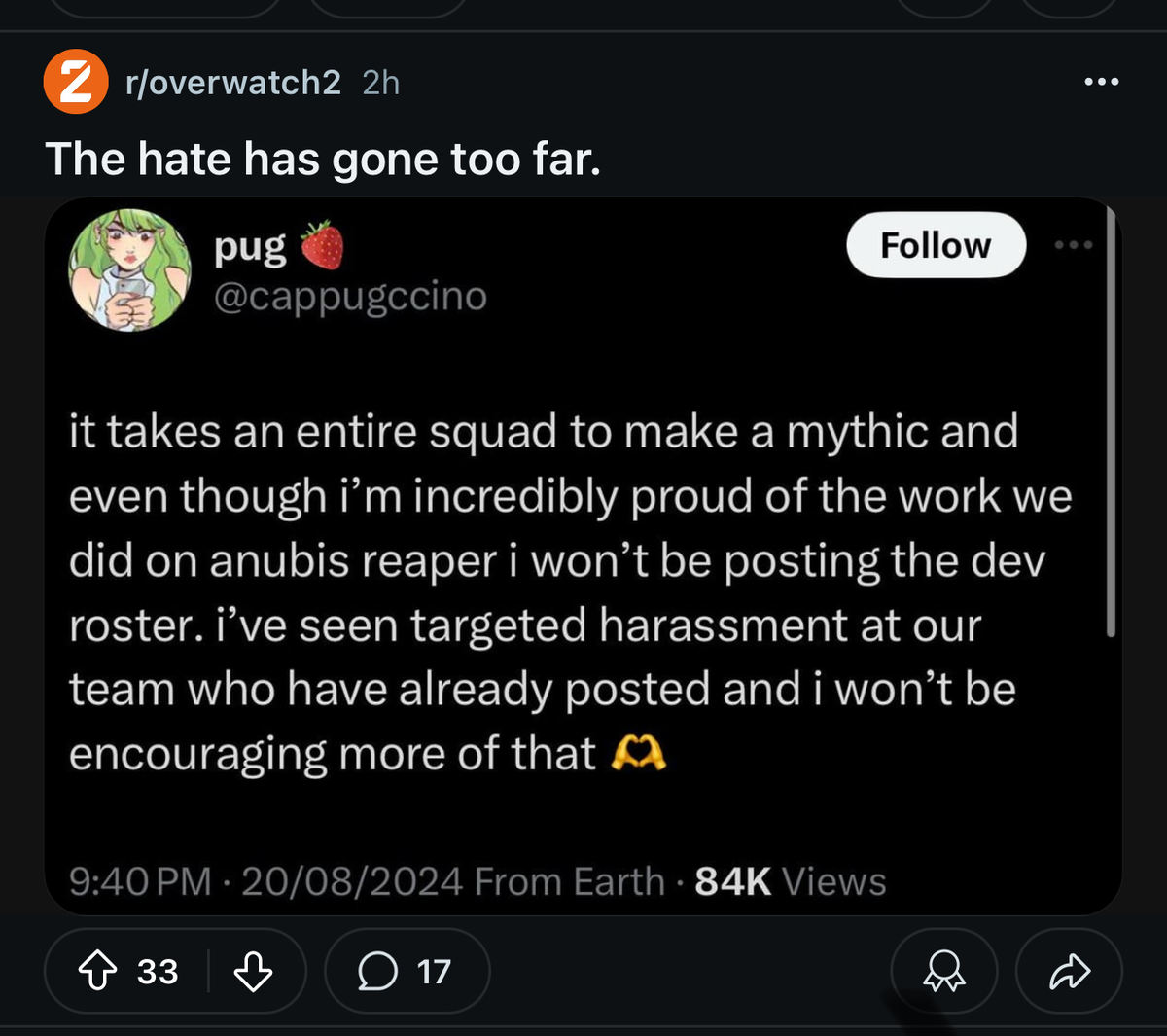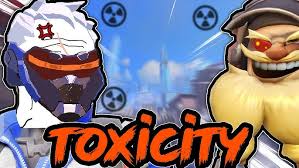Table of Contents
Overwatch is renowned for its ability to unite people with its diverse characters, cooperative gameplay, and emphasis on teamwork, fostering collaboration and connections across different backgrounds. However, the game has encountered a troubling increase in toxicity, both in voice and text chat, which is overshadowing its potential for positive social interaction. This toxic environment disrupts the gaming experience and threatens to alienate players, especially younger ones, from meaningful social connections. While Overwatch can facilitate deep connections and meaningful discussions, the current state of its community reveals a darker reality. The existing measures to deter toxic behavior have proven ineffective, and unless more decisive actions are taken, the rich social potential of Overwatch may be lost.
The Rise of Toxicity in Overwatch
The Prevalence of Negative Interactions
Toxicity in Overwatch takes various forms, ranging from outright harassment and verbal abuse to more subtle, passive-aggressive behaviors. Whether players criticize their teammates for mistakes or resort to offensive language and slurs, these negative interactions have become increasingly common. Based on player reports and community discussions, the frequency of toxic encounters has risen significantly in recent years. This trend is especially troubling in competitive play, where tensions run high.
Impact on Communication
The main casualty in this growing toxicity is communication itself. In a game where effective communication is essential for success, the fear of being targeted or harassed has led many players to avoid using voice chat or text chat altogether. This reluctance to communicate undermines team coordination and leads to a cycle of frustration and poor performance, which fuels further toxicity. As more players choose to remain silent, the collaborative spirit that Overwatch was built upon erodes, leaving behind a fractured and often hostile environment.
The Fallout for Developers
Toxicity within the Overwatch community affects players and increasingly targets the developers themselves. A recent incident involved an Overwatch developer sharing their experience of harassment over a newly released mythic skin, highlighting the severity of this issue. The developer, proud of their team's work on a new mythic skin, refrained from sharing it publicly due to the overwhelming harassment faced by their colleagues who had already shared their work. This incident demonstrates the significant impact that community toxicity has, not just on the player base but also on the hardworking individuals who create the content that players enjoy. This revelation serves as a stark reminder that toxicity is not limited to the in-game environment of Overwatch but extends to the broader Overwatch community, including the developers themselves. It demonstrates that the negative behavior of the community is impacting all aspects of the game, from the player experience to the developers' morale.

The Consequences of a Toxic Environment
Disconnection from Social Interaction
One of the most concerning effects of the increasing toxicity in Overwatch is the impact on younger players. Video games have traditionally been a means of socialization for youth, providing an avenue for interacting with peers, forming friendships, and discussing important life topics. However, in the toxic environment of Overwatch, these opportunities for positive social interaction are diminishing. Instead of fostering connections, the game can isolate players, particularly those vulnerable to social disconnection. The fear of encountering toxicity may cause young players to avoid communication, preventing the development of crucial social skills.
Additionally, parents who have long held negative views towards gaming now have stronger arguments against it, fueled by the prevailing toxic behavior in many online games. This growing toxicity provides them with more evidence that gaming environments can sometimes be harmful, reinforcing concerns about the negative impact these games can have on their children's social development. The harmful interactions and exposure to hostile behavior within games like Overwatch only bolster their case that gaming, rather than being a healthy social outlet, can contribute to further social isolation and negative influences.
The Unrealized Social Potential of Overwatch
Despite the current challenges, Overwatch has great social potential. In custom games, arcade modes, and particularly Discord communities, Overwatch has served as a platform where players engage in meaningful conversations about citizenship, domestic abuse, war, relationships, and more. These discussions often occur naturally as players bond over shared experiences in and out of the game. For some, Overwatch offers a place of refuge where they can find support and understanding while enjoying themselves.
However, the prevalence of toxicity threatens to overshadow these positive interactions. If players continue associating Overwatch with negative experiences, the game's potential to unite people and facilitate genuine socialization may never be fully realized. Instead of bridging divides, the platform becomes another source pushing people further apart.
The Need for Stronger Measures
Enhanced Punishments for Toxic BehaviorIn conclusion, to combat toxicity in Overwatch, Blizzard should implement harsher punishments for toxic behavior, increase transparency in the reporting system, and incentivize positive communication. Additionally, creating and promoting safe spaces within the Overwatch community, both within the game itself and on external platforms, can foster meaningful social interactions and help counteract the negative impact of toxicity. By taking these steps, Blizzard can maintain Overwatch as a social platform that values respect, teamwork, and positive engagement. Overwatch stands at a crossroads. It has the potential to unite players, foster deep social connections, and provide a platform for meaningful conversations. However, the rise of toxicity within the game threatens this potential by pushing players away from communication and deeper socialization. The recent harassment of developers over their work on the game serves as a critical wake-up call, highlighting the need to address this issue seriously. If Blizzard wants to preserve the positive aspects of its community, it must take more decisive action against toxic behavior while rewarding and promoting good behavior. By doing so, Overwatch can reclaim its place as a game that entertains and brings people together meaningfully.

